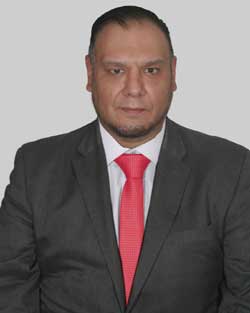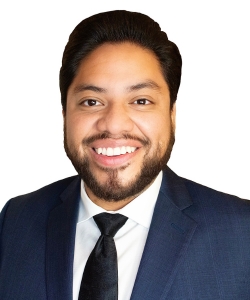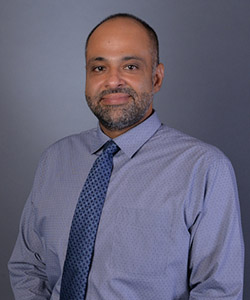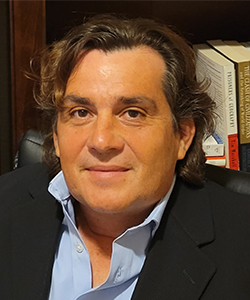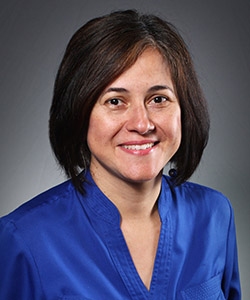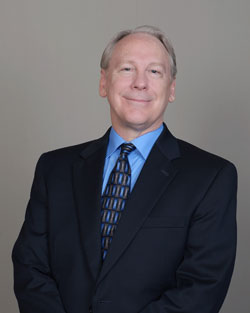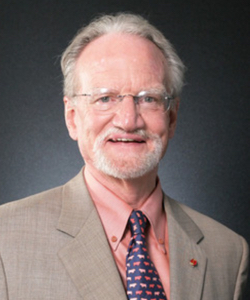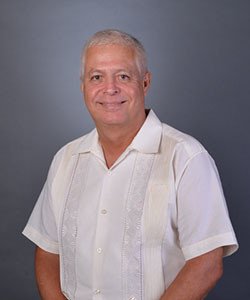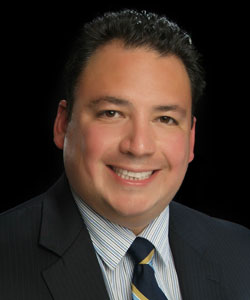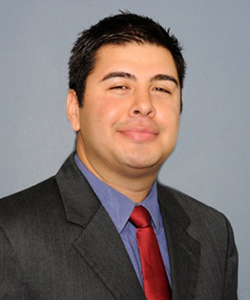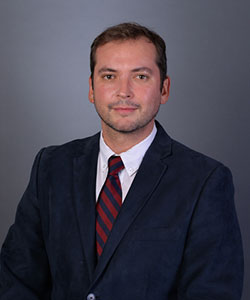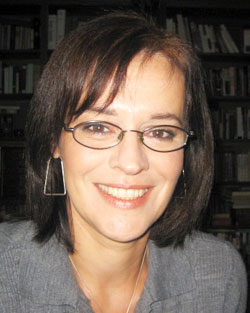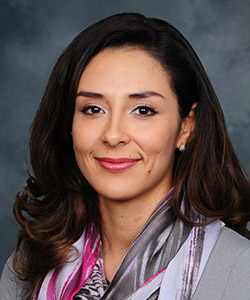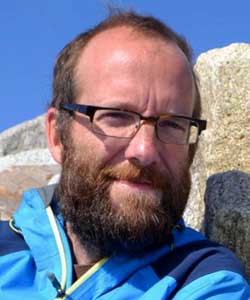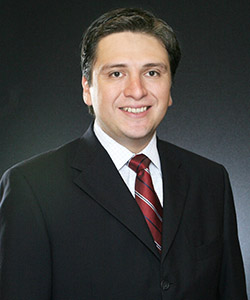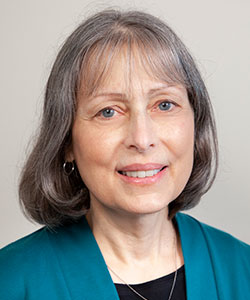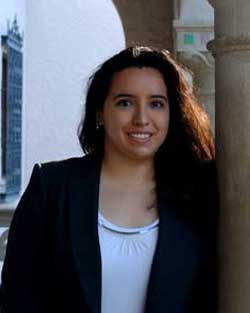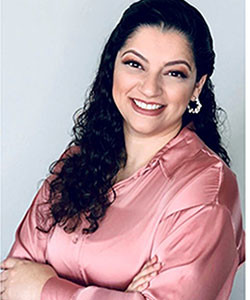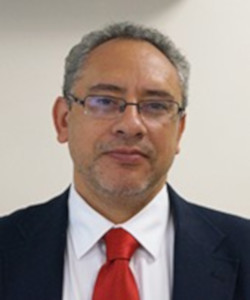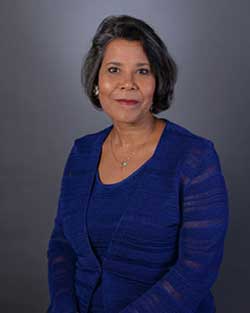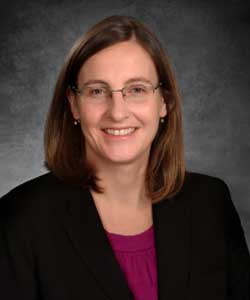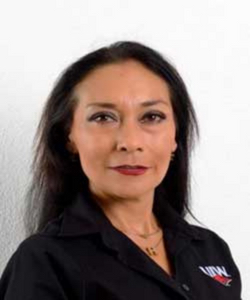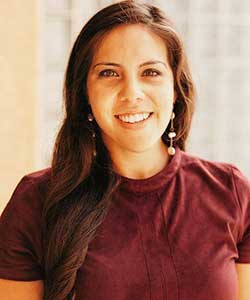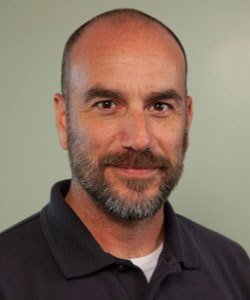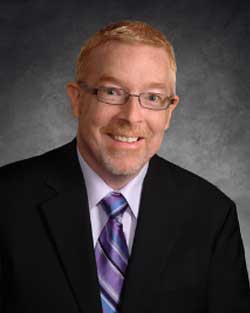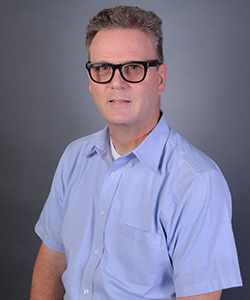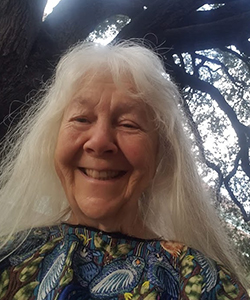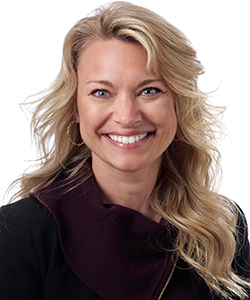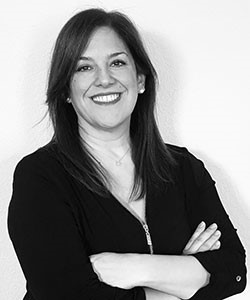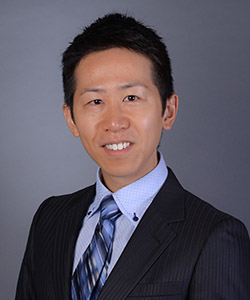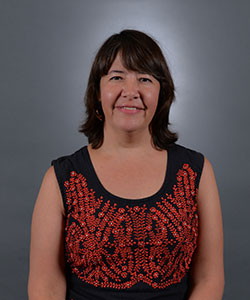A person can leave Latin America after visiting or living there; however, Latin America never leaves the person. There is an indelible impression that remains in one’s heart that forever changes the perspective of the meaning of life, relationships, and events. For a registered nurse and nursing professor, it is therefore impossible to deny the impact on my professional practice and teaching of others to enter that profession.
It was in Latin America that my view of health, illness, and healthcare changed from being focused on the treatment of illness to emphasizing health promotion and the prevention of illness. My perspective on the value of patience, courtesy, and kindness that are infused into daily life in Latin America impacts the way I teach students to interact with patients, of all cultures and backgrounds, and with one another. The expectation that one’s plans for a day can be regularly interrupted, increased my tolerance for ambiguity which is an essential competency for registered nurses.
Weaving cultural competency in the classroom is essential for preparing graduates to understand that culture impacts one's decisions and that solutions vary based on each patient’s cultural perspective. Once learned in a textbook, but lived in Latin America, impacts how I teach cultural competence.
Más que todo .... I encourage students to take opportunity to engage Latin America - to go, learn, share, invest one’s life in the beauty that is Latin America to be forever changed.
